Thursday, August 7th
8:00 AM – 10:00 AM
“Protecting thy Online Privacy and Artificial Intelligence in Mental Health” – Dr. Kaustubh Joshi
OBJECTIVES
- Discuss Internet and social media use in the US
- Learn about Therapist Targeted Googling
- Know the potential hazards of having an online presence while not scaring you from having an online presence
- Understand how to monitor and protect your personal privacy and safety online (as best as possible)
- Provide an overview of Artificial Intelligence (AI) terminology and concepts
- Discuss how AI is currently used in mental health
- Discuss benefits, challenges, and future direction of using AI in mental health
10:15 AM – 12:15 PM
“Malingering/Response Behavior “ – Dr. Mary Alice Conroy, Ph.D, ASPP
OBJECTIVES
- To define what malingering is and is not
- To explain methods of evaluating deceptive or biased response behavior
- To explore the potential consequences of our work in this area
1:00 PM – 3:00 PM
“Understanding the Not Guilty by Reason of Insanity (NGRI) Population: A View from the State Hospital System”- Dr. Stephanie Carter and Dr. Brieann Olafsson
Objectives:
- Describe the process of an individual moving through the legal system from acquittal by insanity, to hospitalization in a Texas State Hospital, and eventual discharge to community-based treatment.
- Discuss evidence-based practices currently utilized by the Texas State Hospital system in the treatment of individuals acquitted by insanity.
- Identify two best-practices in the assessment of violence risk for individuals who are being presented to the court as appropriate for community-based care.
Describe resources available to NGRI acquittees in support of their continued monitoring and treatment in a community setting.
Friday, August 8TH
8:00 AM – 10:00 AM
“Competency to Stand Trial Evaluation and Report Writing” – Dr. Matthew Fabion
OBJECTIVES
- The attendee will list three landmark cases that shape current evaluation of trial competency.
- The attendee will list three factors that impact assessment of restorability of trial competency.
- The attendee will list three pitfalls in trial competency evaluation report writing.
- The attendee will list all of the statutory requirements for a trial competency evaluation report IAW Chapter46B of the Texas Code of Criminal Procedure.
10:15 AM – 12:15 PM
“Not Guilty by Reason of History, Hysteria, and Hinckley: The Evolution, Controversy, and Clinical Reality of the Insanity Defense in Texas” – Dr. Azalia Martinez
OBJECTIVES
- Describe the historical evolution and current status of the insanity defense in the United States, including foundational legal principles and influential case law.
- Explain the specific legal criteria for the insanity defense in Texas, as defined by Chapter 46C of the Texas Code of Criminal Procedure.
- Apply evidence-based methods to conduct forensic mental health evaluations related to sanity at the time of the offense.
- Demonstrate competency in writing forensic reports that address the legal standards for insanity, integrating clinical data with legal criteria
1:00 PM – 2:00 PM
“Competency Restoration for People with Intellectual and Developmental Disabilities in the State Supported Living Centers”- Dr. Dawna Campbell
Objectives:
- Name at least two criteria for diagnosing IDD
- Name at least one assessment tool to assess for IDD
- Describe at least two tips for interviewing individuals with IDD
- Name at least one type of commitment that the SSLCs receive
This conference is ideal for mental health professionals, legal practitioners, and students interested in forensic evaluation, courtroom ethics, and mental health policy.

